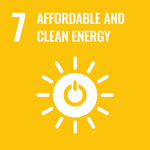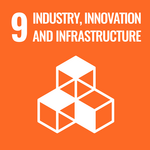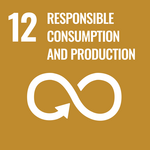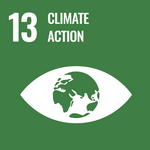We have set ourselves the targets for striving to safeguard the environment through the reduction of Gas, Electricity, Waste and Water consumption in each plant in order to minimise the environmental impact and define a Decarbonisation strategy.
- Calculating the Carbon Footprint of the Group and Products
- Developing a decarbonisation strategy (scope 1, scope 2, scope 3)
- Identifying the risks and impacts of climate change on our activities

Our allegiance to the environment, through the adoption of sustainable practices, is aimed at decreasing our impact on the land.
Some of these practices call for the use of renewable energy, optimising water consumption, improving plant efficiency, well-structured and responsible waste management, reuse and secondary material projects, as well as integrating sustainable factors into supply chain decisions.
Reducing carbon emissions is a crucial step towards sustainability for the FOMAS Group; so we have been working on emission optimisation and a reliable and effective decarbonisation strategy.
The projects and initiatives of the FOMAS Group in support of environmental safeguards helps improve cost-effectiveness and reduce the environmental impact of overall emissions.
The main project in this regard, during 2022, has been the digitisation of the monitoring and control of industrial processes and related methane and electricity consumption. A tangible commitment towards reducing our impact on the environment.
| FOMAS GROUP (tonnes CO2 eq) Base year: 2020 |
2030 | 2040 | 2050 |
|---|---|---|---|
| Reduction targets of SCOPE 1 + 2 emissions towards Carbon Neutrality (includes carbon off setting) |
-40% | - 72% | -90% |
Water is essential for life on this planet. Reducing its consumption not only contributes to environmental sustainability, but can also lead to significant savings in long-term operating costs.
Our production process currently involves significant water consumption. On these grounds, we have been investing time and resources towards better management of water use, and always work in consultation with local authorities and communities close to the plants, with a hands-on approach to assessing necessary intakes and expected discharges.
Every year we set ourselves the goal of reducing the portion of waste that ends up in landfills. Each manufacturing facility implements the most suitable strategies to achieve the set targets.
The life cycle perspective includes impacts prior, during and subsequent to steel processing.
We are also aware that the choice of suppliers for waste management is crucial. Therefore, the selection is made from a list of qualified vendors. Checking the suitability of the supplier is part of the acceptance process by the HSE department.
Pillar-related objectives
We have been enhancing innovation through investment in Lean Manufacturing practices and the application of advanced technologies namely Machine Learning and Artificial Intelligence to identify the criticalities, the opportunities and enhance the global efficiency.
In addition, we have set ourselves the targets for striving to safeguard the environment through the reduction of Gas, Electricity, Waste and Water consumption in each plant so to minimise the environmental impact.
Lastly, we have developed a decarbonisation strategy (scope 1 and scope 2) to address emission challenges and contribute to greater environmental sustainability.




